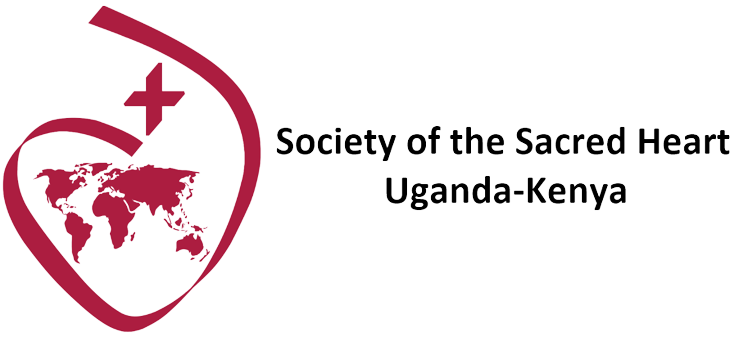“THIS DECEIPTFUL TONGUE!”
Have you ever marveled about that small gift and part of your body – your tongue. Despite of the supportive role this small organ plays, the tongue is more often accused than praised for what is stands for in our lives. The tongue is responsible for the tasting, chewing, swallowing, and speech, and all these are vital functions in human life. We read lines that posit, “the tongue is a small thing, but what enormous damage it can do!” and again, “the tongue like a sharp knife kills without drawing blood.” Why on earth is this deriding and degradation heaped upon the tongue in a host of oft-mentioned adages?
Why is the tongue so often accused of being corrosive, venomous, and lethal to say the least! Take for instance in James 3:5-6, the tongue is this much condemned, “The tongue is a small part of the body, but it makes great boasts. Consider what a great forest is set on fire by a small spark. The tongue also is a fire, a world of evil among the parts of the body.” We often repeat this refrain that our tongues can be the most difficult thing to control and that they leave us with great regret! But is it really the tongue to blame when we blare out insensitive and corrosive missiles at each other?
Proverbs 15:4 states that, “the soothing tongue is a tree of life, but a perverse tongue crushes the spirit.” Are we really, in all fairness and justice right in according such accusatory and tainting statements to this small miracle, the tongue? The Psalms are equally replete with condemnations of the tongue, as for example, in psalm 52: 2, “You who practice deceit, your tongue plots destruction; it is like a sharpened razor.” Why is the tongue so much misunderstood?
We pretty know that words come from the mind that formulates them and wishes them out of the mouth, and the tongue is only one member of the components that is instructed to form the words in your mouth. Take time to note that it is only when the tongue, lips and teeth work together do sounds from the throat turn into understandable letters and words. To be precise, forming a word includes the lungs, the vocal cords, the chest muscles, the palate, the teeth, the lips, the nose and more.
The tongue may be one of the principle features as it is known that the tongue is extremely agile and quick and can make a series of different movements in the formulation of words, but the tongue still remains one member of the crew in our word formulation process. We also know that the tongue is even only passively present in the pronunciation of certain syllables. It is mainly vital in making T, D, and L sounds. Why then do we sustain these false accusations against the tongue, where the real culprit remains the brain.
Without shaking any belief off its axis, we need to make this fundamental shift and move the false accusations against the tongue to where they must always abide. The brain as a sense organ for thinking and as the master planner of every response or action of the body still remains to blame for the words that come out of our mouths. The tongue should remain what it simply is; a formulator of sounds and words, not the meanings, intentions, and the perceptions those words do carry. The brain does the processing of all known senses and thoughts also get processed in the brain. The brain always in touch with our emotion centres is responsible for the words that the tongue is instructed to gush out.

We know how much our human emotions have a substantial influence on the cognitive processes, including perception, attention, learning, memory, reasoning, and problem solving, and how emotions work with the mind to influence our behavior. Emotions drive our actions – for example, a fight, flight or freeze. The brain in concert with the emotions, do rule that the tongue formulate certain words to make them heard loud or soft. Why would we then for centuries blame the tongue and taint its image with all kinds of sayings and metaphors?
It is time now to reinstall the tongue up in its glory and pay attention to our minds and what we let our minds or rather brains do. We now can clearly deduce that what really needs attention is not our tongue but our brain that is the master of intentions. It is understood that direction of intention is the greatest power in our life. And according to Sr. Erskine Stuart, “we are what are intentions are, and we live by our intentional thoughts”. In this case then and for this beginning year 2024, it is not the tongue to tame, but our minds that must develop multiple intelligences to manage our emotions, and to provide the right words for the tongue.
As in the philosophy of the Sacred Heart Education, we must once again underscore the importance of logical reasoning, understanding, emotional knowledge, creativity, critical thinking and problem solving. In this line, we must also become people of discernment. We can then call on the tongue to proclaim our thoughts and intentions without refrain, and in turn praise it for a job well done! This way then, the tongue will have no burdens to bear, only praises to sing!! This wonderful gift and loyal servant, the tongue!!
Sr Dr Solome Najjuka RSCJ
Philosophy Centre – Jinja
